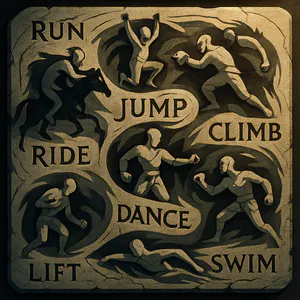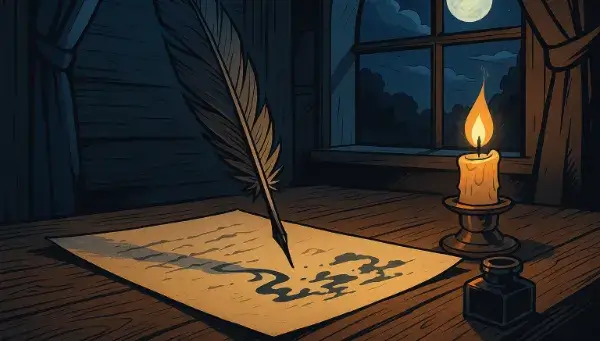Generate verbs
More Writing Tools- <% result.name %>
Discover all Story Shack apps
Finding the Right Action
To pick a verb, consider:
- Does it convey strength or subtlety?
- Is it transitive or intransitive?
- Will it fit your sentence rhythm?
- Does it align with your genre’s tone?
- Could it spark sensory detail?
Verb Generator FAQs
Answers for action words:
How are verbs selected?
They’re randomly drawn from a diverse list of action words spanning moods and styles.
Can I filter by tense?
Not currently; each click yields the base form of a verb.
Are verbs common?
The list balances everyday and more unusual verbs for versatility.
How many can I generate?
Unlimited—click until you find the perfect action word.
How copy or save?
Click the verb to copy it, or click the heart icon to add it to your favorites.
What are good verbs?
There's thousands of random verbs in this generator. Here are some samples to start:
- know
- confirm
- urge
- seal
- limit
- increase
- seize
- distribute
- tempt
- proclaim
About the creator
All idea generators and writing tools on The Story Shack are carefully crafted by storyteller and developer Martin Hooijmans. During the day I work on tech solutions. In my free hours I love diving into stories, be it reading, writing, gaming, roleplaying, you name it, I probably enjoy it. The Story Shack is my way of giving back to the global storytelling community. It's a huge creative outlet where I love bringing my ideas to life. Thanks for coming by, and if you enjoyed this tool, make sure you check out a few more!






























